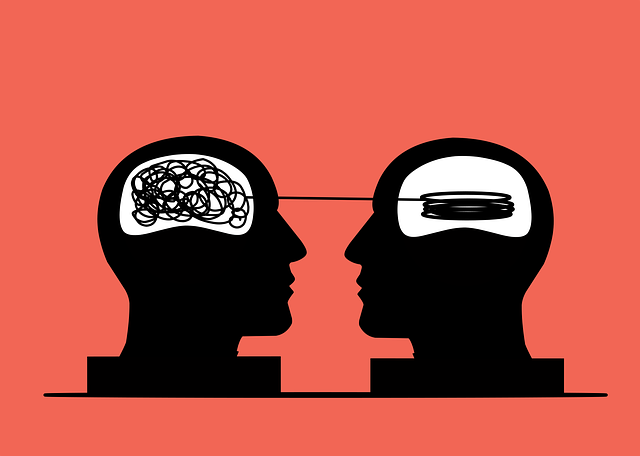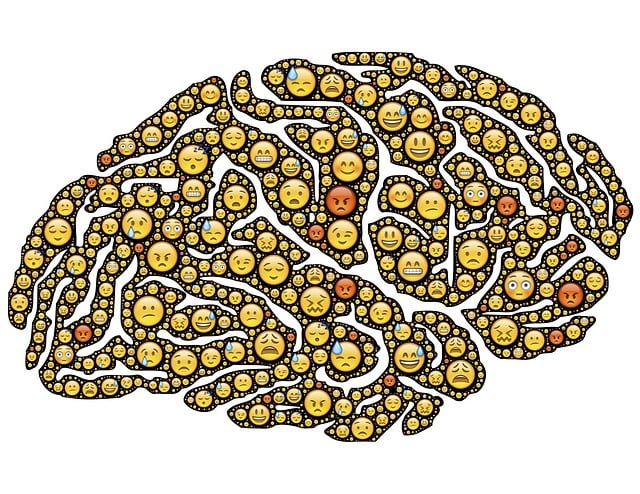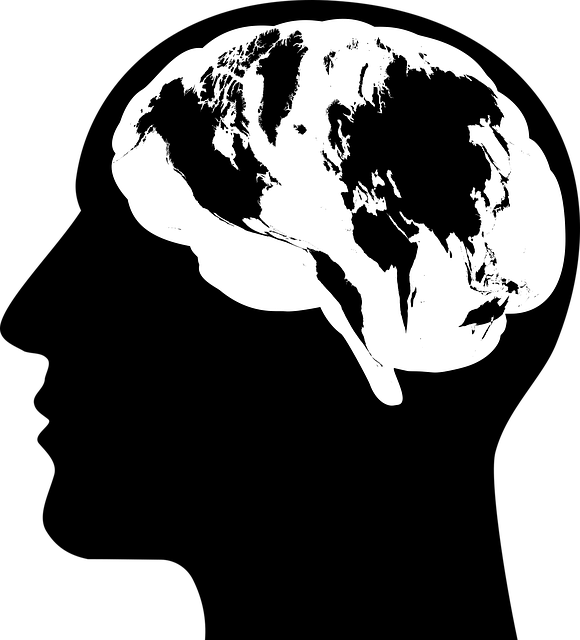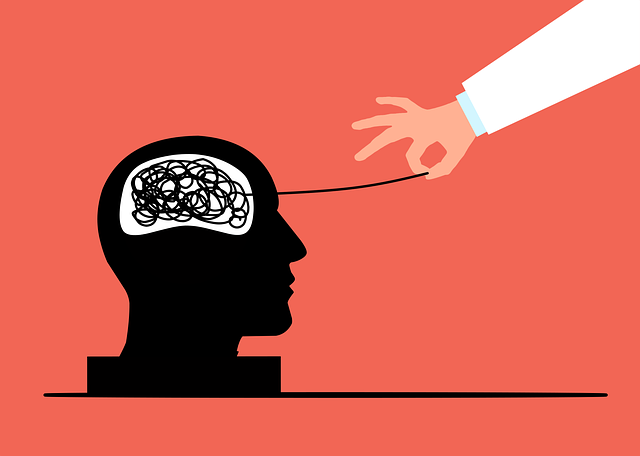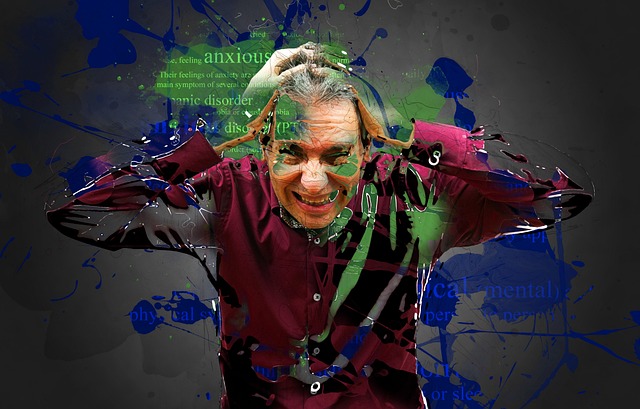Mental illness diagnoses face challenges due to subjective reporting and diverse influencing factors. Traditional methods can be biased for subtle or co-occurring conditions, leading to inaccurate assessments. To enhance diagnosis accuracy, integrating innovative techniques like Castle Rock EMDR Therapy—combining eye movement desensitization and reprocessing with cognitive-behavioral interventions—is crucial. This approach targets traumatic memories and their impact on mental well-being, improving diagnosis reliability, encouraging early intervention, reducing stigma, and promoting improved overall well-being for individuals seeking trauma-focused support.
Mental illness diagnoses, though crucial for effective treatment, often face challenges due to complexity and subjectivity. This article explores strategies aimed at enhancing diagnosis accuracy, focusing on Castle Rock EMDR Therapy as a promising approach. We delve into its mechanisms and impact, alongside the development of comprehensive frameworks for improved diagnostic practices. By integrating these efforts, we strive to better understand and address mental health conditions, ultimately fostering more effective treatment outcomes. Key highlights include the potential of Castle Rock EMDR Therapy in refining diagnosis accuracy.
- Understanding Mental Illness Diagnoses and Their Challenges
- Castle Rock EMDR Therapy: A Promising Approach for Enhancing Diagnosis Accuracy
- Building a Comprehensive Framework for Better Diagnostic Practices
Understanding Mental Illness Diagnoses and Their Challenges

Mental illness diagnoses often involve a complex interplay of symptoms, personal histories, and environmental factors, making accurate assessment challenging. Traditional diagnostic methods rely heavily on patient self-report and clinical interviews, which can be subjective and influenced by various biases. This presents a significant hurdle, especially when dealing with subtle or co-occurring conditions. For instance, Castle Rock EMDR Therapy leverages eye movement desensitization and reprocessing to tackle complex trauma, offering a unique perspective in mental health treatment.
To enhance diagnosis accuracy, integrating innovative techniques alongside established practices is crucial. Mind Over Matter principles encourage patients to actively participate in their healing by cultivating self-awareness and resilience. Mental Health Education Programs Design can empower individuals to recognize early warning signs and seek help promptly. Additionally, Public Awareness Campaigns Development plays a vital role in destigmatizing mental illness, encouraging open conversations, and fostering supportive communities. These multifaceted approaches collectively contribute to improving the reliability of mental illness diagnoses.
Castle Rock EMDR Therapy: A Promising Approach for Enhancing Diagnosis Accuracy

Castle Rock EMDR Therapy is a groundbreaking approach that shows significant potential in enhancing the accuracy of mental illness diagnoses. This therapy integrates eye movement desensitization and reprocessing (EMDR) techniques with cognitive-behavioral interventions, focusing on traumatic memories and their impact on mental health. By stimulating specific neural pathways associated with traumatic events, Castle Rock EMDR helps individuals process and resolve these past experiences, leading to more accurate assessments of current mental health conditions.
Incorporating this innovative therapy into the risk assessment practices of mental health professionals can significantly improve diagnosis accuracy. It allows for a deeper understanding of an individual’s psychological landscape, taking into account how past traumas may manifest in present-day symptoms. This holistic approach, coupled with enhanced mental health awareness, ensures that patients receive more precise and effective treatments, ultimately improving outcomes and the overall well-being of those seeking support through trauma-focused services.
Building a Comprehensive Framework for Better Diagnostic Practices

In an effort to enhance mental illness diagnosis accuracy, a comprehensive framework is being developed that integrates innovative therapies like Castle Rock EMDR (Eye Movement Desensitization and Reprocessing) into standard practices. This framework aims to address the multifaceted nature of mental health disorders by combining evidence-based treatments with advanced diagnostic tools. By fostering collaboration among healthcare professionals, researchers, and community leaders, the initiative seeks to promote a holistic understanding of mental well-being.
The implementation of this framework involves several key components, including enhancing public awareness campaigns to dispel myths and foster positive thinking around mental illness, promoting education for healthcare providers to boost their confidence in diagnosing subtle or co-occurring conditions, and encouraging ongoing research into cutting-edge diagnostic methods. These efforts collectively aim to create a more inclusive and effective system that prioritizes early intervention and personalized care, ultimately improving outcomes for individuals navigating the complexities of mental health challenges.
Mental illness diagnosis accuracy is a multifaceted challenge that requires innovative approaches. By understanding the intricacies of mental health conditions and adopting advanced techniques like Castle Rock EMDR Therapy, healthcare professionals can significantly enhance diagnostic practices. Building a comprehensive framework that integrates evidence-based methods ensures more precise and timely diagnoses, ultimately improving patient outcomes and care quality.
